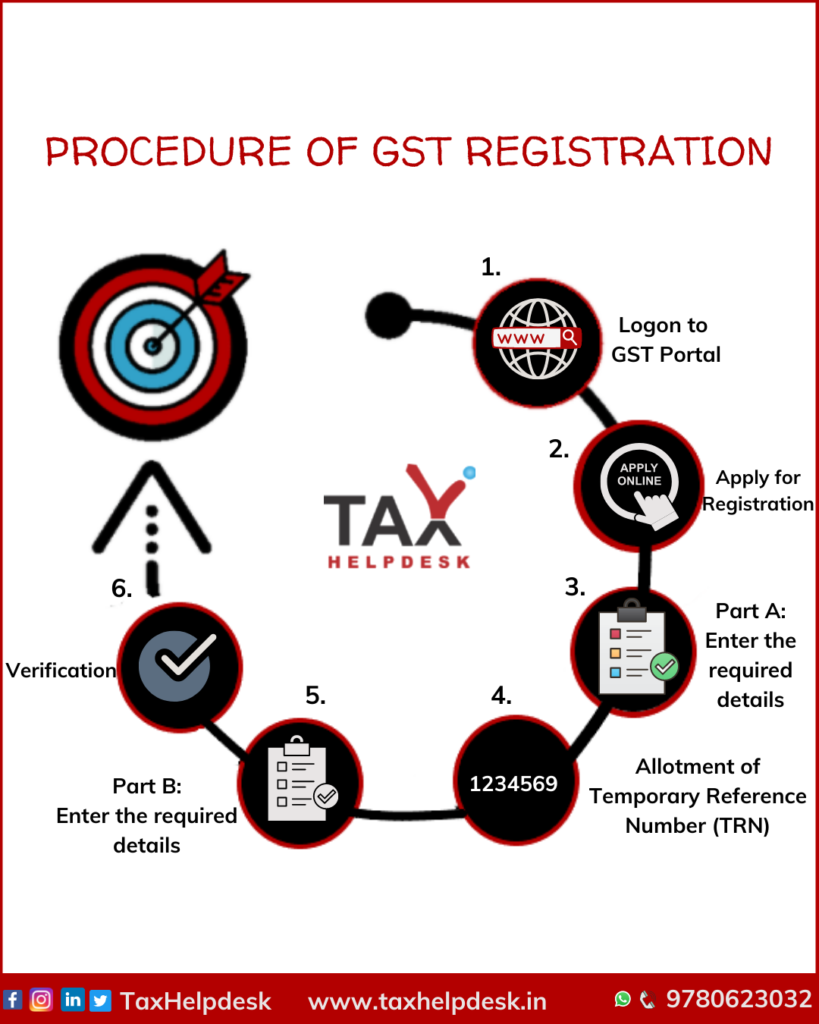Top Ranked Best GST Registration Services in Singapore for 2024
From Beginning To End: The Ultimate Roadmap to GST Enrollment for Companies Looking For Financial Stability
Browsing the intricacies of Item and Provider Tax Obligation (GST) enrollment is a vital step for companies striving for monetary security. Damaging down the roadmap into convenient actions can improve the enrollment trip for companies looking to boost their economic standing.
Understanding GST Basics
Delving into the fundamental concepts of Product and Services Tax (GST) is important for acquiring an extensive understanding of its ramifications on organizations and the economic situation. Input Tax Obligation Credit Rating (ITC) is a substantial feature of GST, enabling services to assert credit score for taxes paid on inputs, decreasing the general tax obligation burden. Recognizing the essentials of GST is crucial for companies to conform with tax obligation regulations, handle their finances efficiently, and contribute to the country's economic growth by participating in a clear tax obligation system.
Qualification Standards for Enrollment
To sign up for GST, businesses need to fulfill particular eligibility requirements developed by the government. The key qualification need is that any service associated with the supply of items or services with a yearly aggregate turnover above the threshold limitation established by the authorities should sign up for GST. Since the current laws, the threshold limit for GST registration is an annual aggregate turnover of 40 lakhs for companies running within a state, with the exception of special classification states where the restriction is 20 lakhs. Furthermore, certain businesses are called for to sign up for GST regardless of their turnover, such as interstate providers, casual taxable persons, and organizations reliant pay tax under the reverse charge device. It is crucial for organizations to completely analyze their turn over and deal types to identify their GST registration commitments properly. Failing to sign up for GST when eligible can bring about charges and lawful effects, making it important for organizations to comply with the defined eligibility requirements.
Files Needed for Enrollment
Having actually met the eligibility criteria for GST enrollment, companies should currently ensure they have the requisite documents in position to wage the registration process successfully. The files required for GST registration generally consist of evidence of company constitution, such as collaboration deed, enrollment certificate, or consolidation certificate for different kinds of companies. Furthermore, businesses require to provide records establishing the principal business, such as a rental agreement or power bill. Frying pan card of business, as well as the identity and address proof of promoters/partners/directors, are necessary for verification purposes. Savings account statements, along with terminated cheques or a copy of the financial institution passbook, are called for to read here confirm the financial information supplied during enrollment. Services should have electronic trademarks all set for the licensed signature. Making sure all these documents are organized and conveniently offered will expedite the GST registration procedure, making it possible for services to adhere to tax policies perfectly.
Step-by-Step Enrollment Process
Commencing the GST registration process includes a collection of organized actions to ensure a seamless and compliant registration for businesses. The initial step is to visit the GST site and fill in the registration form with exact information of business entity. Following this, the candidate obtains a Short-term Referral Number (TRN) which is used to return to the application process if it's not finished in one go.
Following, all required papers based on the list provided by the GST portal need to be submitted. These papers usually consist of proof of organization identification, enrollment and address evidence of marketers, economic declarations, and organization entity's frying pan card.

Post-Registration Compliance Standards

Conclusion
In conclusion, companies seeking financial stability needs to understand the fundamentals of GST, meet qualification criteria, gather needed files, adhere to the step-by-step enrollment procedure, and adhere to post-registration standards - Best GST registration services in Singapore. By adhering to these steps, organizations can guarantee compliance with tax laws and preserve financial security in the future
In addition, specific companies are required to sign up for GST regardless of their turn over, such as interstate providers, informal taxable individuals, and companies liable to pay tax obligation under the reverse look here cost device.Having actually satisfied the eligibility criteria for GST enrollment, services must now guarantee they have the requisite documents in location to continue with the registration process efficiently. The documents required for GST enrollment generally include evidence of company constitution, such as collaboration act, registration certificate, or incorporation certificate for different types of services. Furthermore, organizations require to supply papers establishing the major location of business, such as a rental arrangement or power costs.Starting the GST enrollment process includes a series of organized steps to make certain a compliant and smooth registration for companies.